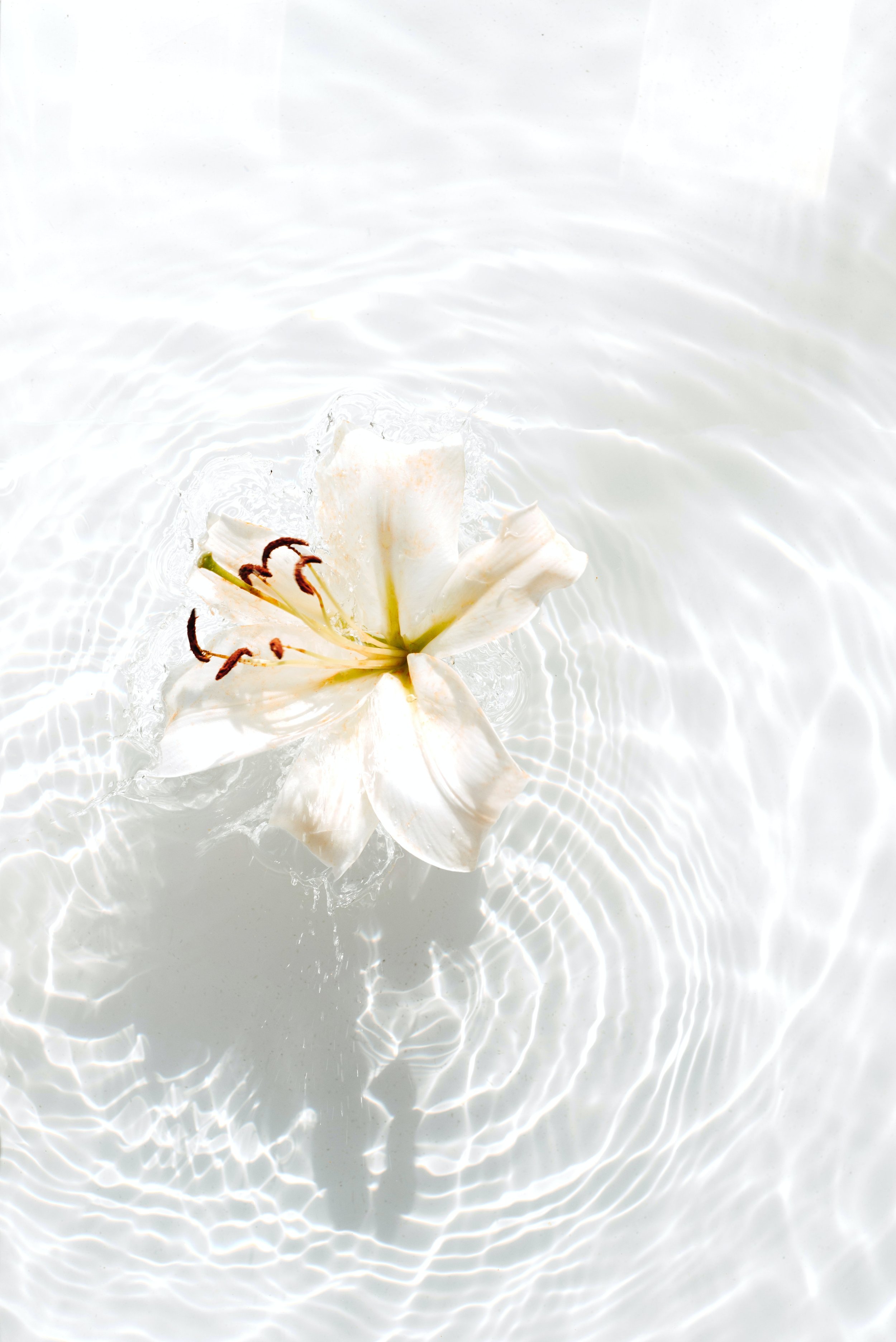
Skincare Regimen
There are so many factors that can affect your skin – diet, exercise, hydration, and cleansing routine – to name a few. All skin types can benefit from an effective skincare regimen with quality items at modest prices. But with so many products available today, the beauty aisle can be overwhelming. Dr. Shanthi Colaço shares her personal skincare regimen for healthy, youthful skin below. Her basic skincare regimen and suggestions apply to almost everyone, and can help create a beautiful, glowing, more confident YOU!
AM
1. Cleanse
Start with a gentle, soap-free cleanser to remove dirt, grease, and dead skin cells from your skin and pores without stripping your natural oils. Use an exfoliating brush or cleanser once or twice a week to deeply cleanse and prepare your skin for products, clear clogged pores, and improve skin tone.
2. Prevent
Vitamin C antioxidant serums are generally safe for all skin types and can protect your skin from damaging free radicals caused by UV exposure and improve wrinkles by enhancing collagen production. Not all Vitamin C serums are created equal! In order for a Vitamin C serum to be effective it must be formulated with pure L-ascorbic acid (vitamin C) at an acidic (2.0-3.5) pH and have a concentration between 10-20%.
3. Treat
Apply any prescribed topical medications (for example, creams for acne, rosacea, seborrhea, etc.) here.
4. Moisturize
All skin types can benefit from a moisturizer. Choose a pure and simple hydrating product. For oily, acne-prone skin, look for an oil-free or a “non-comedogenic” moisturizer that does not clog pores and worsen acne. For dry skin, try a moisturizer that contains ceramides and/or hyaluronic acid. Ceramides are a crucial component of your skin’s barrier that lock moisture in the skin. Hyaluronic acid is a naturally occurring molecule that act as a sponge for dry skin cells, holding up to 1,000 times its weight in water!
5. Protect
Applying sunscreen is the single best thing you can do to protect your skin. Many daytime moisturizers already contain sunscreen. Use a sunscreen that is SPF30 or higher on a daily basis, even if its cloudy and you plan on being indoors most of the day, and especially if you are using medications – ex. retinoids (see below) – that make your skin more sensitive to the sun. Avoiding prolonged sun exposure during 10am-2pm “high” sun, wearing UV protection factor (UPF) clothing and wide-brimmed hats, and using sunscreen can help to prevent sunburns, premature signs of aging, and decrease the risk of skin cancer.
Sunscreens can be classified into two major types: chemical and physical. Chemical blockers work by absorbing the sun’s rays. At ShanthiMD, we favor “physical blockers” (commonly referred to as “mineral” or “natural” sunscreens) which protect your skin from the sun by deflecting or blocking the sun’s rays. These include zinc oxide, titanium dioxide, and iron oxide. Historically, physical blockers were less cosmetically elegant as they were thicker (more difficult to spread) and often left a white tint. Newer products however are formulated with transparent minerals, and are also non-comedogenic, fragrance-free, paraben-free, and safe for sensitive skin (including post-procedure skin and babies over 6 months of age).
6. Makeup (optional!)
Apply makeup after sunscreen, even if your makeup has an SPF, unless you are using a natural mineral powder foundation which contains titanium dioxide and/or zinc oxide. Natural mineral powder foundations are also a great option for post-procedure (chemical peels, laser resurfacing, microneedling, etc) sensitive skin as both titanium dioxide and zinc oxide have a known anti-inflammatory effect.
PM
1. Cleanse
Up to 66% of people don’t wash their face before they go to bed. What?! Even if you get home late and you’re tired, please don’t skip this crucial step! Use a gentle soap-free cleanser to remove the makeup, dirt, grease, and dead skin cells that have accumulated on your skin during the day.
2. Correct
For minor skin problems (a few fine lines, blotches, or mildly enlarged pores) if you’d prefer to try an over-the-counter (OTC) option prior to a prescription product, Skinstyle recommends using a serum or moisturizer that contains alpha hydroxy acids (AHAs). Glycolic acid, the smallest of the AHAs, has the greatest skin penetration and can exfoliate, improve blackheads (clogged pores), fine lines, uneven pigmentation, and acne.
For more powerful correction of fine lines, uneven skin tone, enlarged pores, and even sun damage, the retinoids (vitamin A derivatives) are an essential anti-aging tool which can benefit most skin types. The mildest option is retinol, available OTC. Prescription strength retinoids (ex. tretinoin, Retin-A©), are stronger but can be irritating to your skin, especially at first. A “pea-sized” amount of your retinoid cream should be applied thinly and evenly at bedtime to your clean, dry face and neck at least 15-20 minutes after cleansing. Avoid sensitive areas around the eye, corners of your mouth, and creases of the nose. Dryness, redness, and peeling may occur during the first month of use but usually improves. Thus, it may help to start using your retinoid every third night and gradually increase the frequency to every other night or nightly as tolerated. Retinoids take time to work and maximal benefit may not be seen for at least 6-12 months.
Another option is to alternate using a retinoid every other night with a peptide serum (a mix of growth factors, peptides, and antioxidants. At ShanthiMD, we love that the collagen boosting benefit of both retinoids and peptides is scientifically proven!
3. Moisturize
At night, the goal is not only to repair damage caused to your skin during the day, but also to hydrate as moisture is lost from your skin as you sleep. This is especially important if you are using a retinoid, which is often drying. The major difference between daytime and nighttime moisturizers is that the latter tend to be thicker in consistency and do not contain sunscreen. Look for a pure and simple hydrating product (and let your retinoid do the work!).
